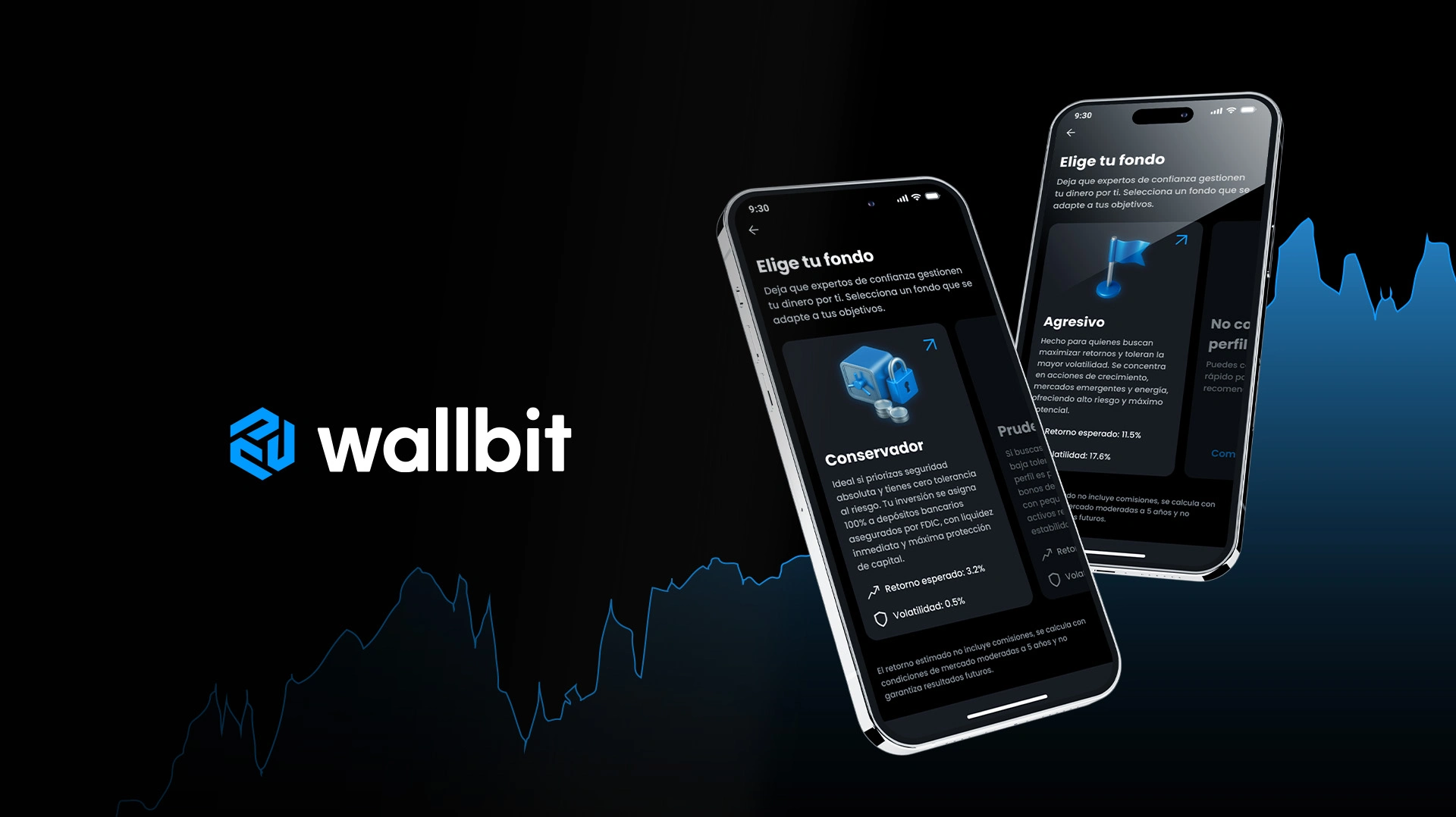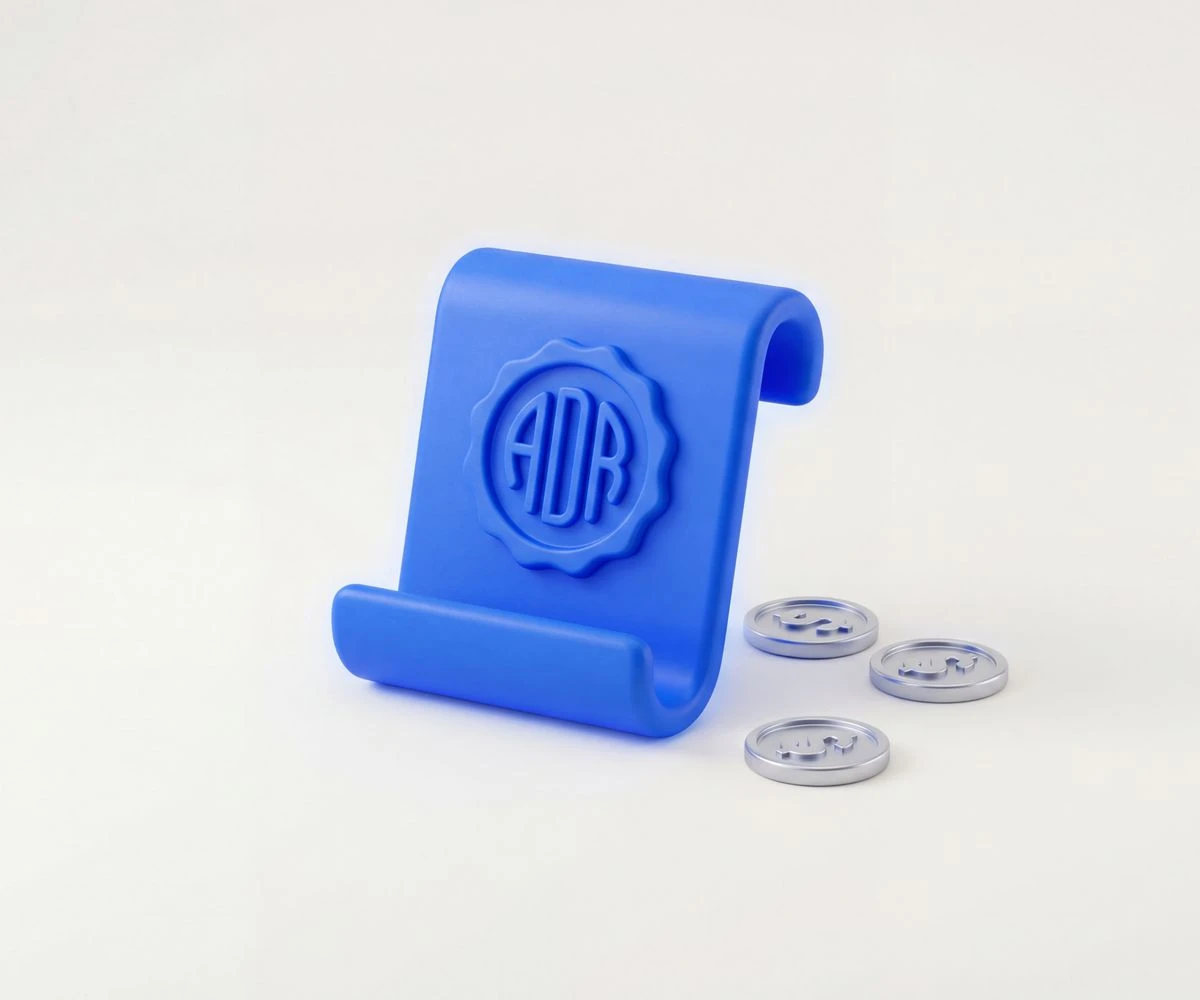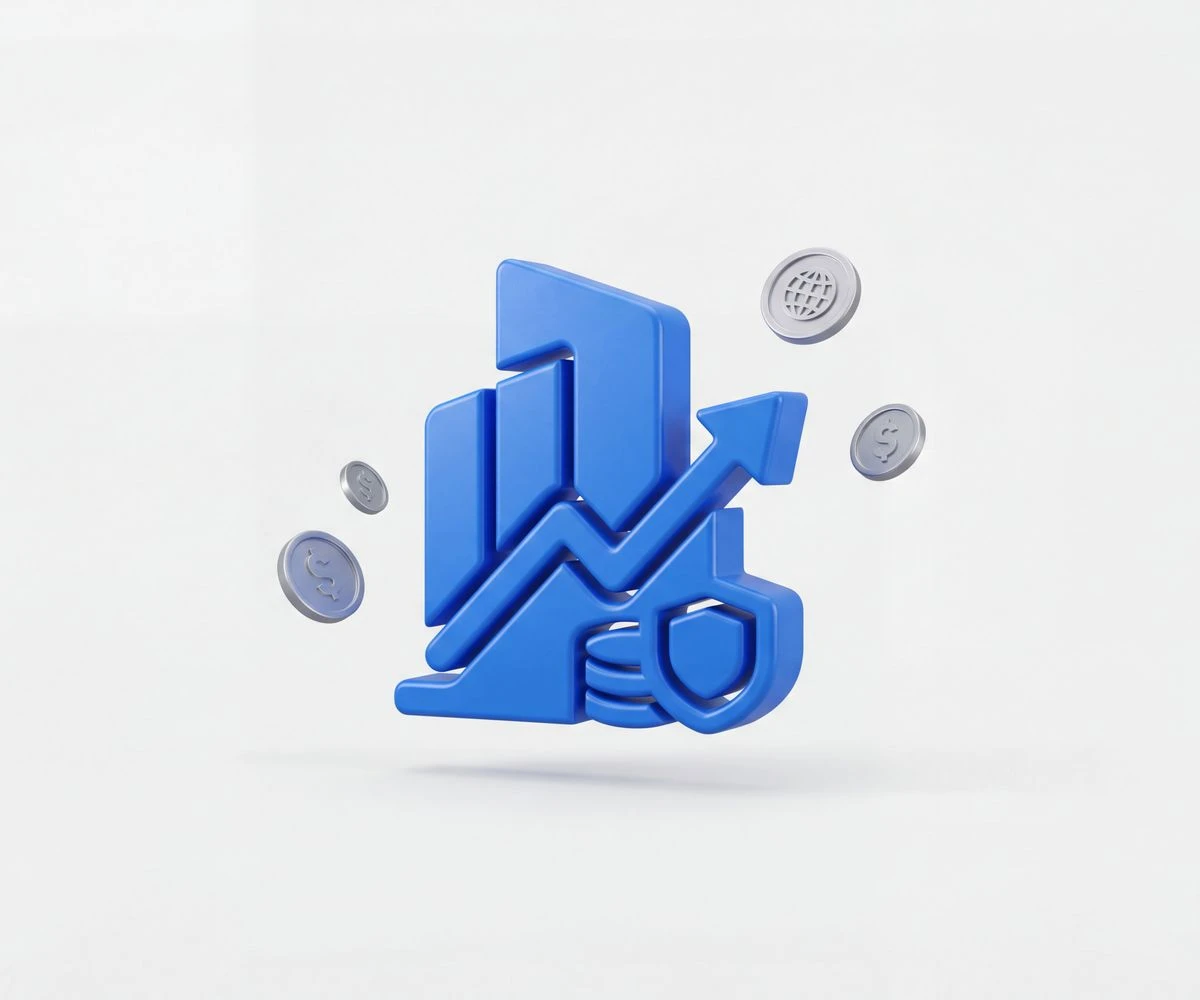In this article, we examine how fintechs like Wallbit are driving Bolivia’s financial landscape.
Over the past two years, dollar scarcity is one of the few certainties Bolivians can count on: bank dollar withdrawals are limited, card spending abroad is restricted, international transactions are constrained and, of course, the exchange rate and official dollar purchases are affected.
At the same time, the new culture of remote work and service exports is transforming the labor market: Bolivian professionals are finding flexibility and growth opportunities in foreign markets, getting paid in dollars, which reduces the domestic market’s ability to supply modern, high-level profiles.
In this context, the fintech sector—and Wallbit in particular—can have a positive impact on Bolivians’ lives today, especially for remote workers and service exporters.
What is the challenge for finance in Bolivia?
Quite simply, the shortage of foreign currency in Bolivia—primarily dollars—conditions the finances of individuals, entrepreneurs and companies, though to varying degrees.
Parallel (informal) markets have become strongly entrenched, which drives demand for dollars and pushes up the price across the country. This scenario affects many sectors of the economy: from savers at the retail level to entrepreneurs, SMEs, corporations and importers who need to pay in dollars on the international market.
Meanwhile, there is a growing labor market in Bolivia that the current banking system cannot accommodate: service exports. According to the Semanario Los Andes of El Alto, crypto inbound payments grew between 15% and 20% per month in 2024.
Service exports: remote workers and freelancers
Statista estimates that between 2% and 3% of Bolivians use cryptoassets for their cross-border transactions (about 250,000 people), although it is also thought that the number of users transacting in USDT and USDC for foreign trade and remittances could double that figure and reach 500,000 people, especially in Santa Cruz and La Paz.
Industry platforms say most Bolivian users receiving transfers work in IT and that the average amount they receive is about $2,500.
But service exporters who work for foreign clients face slow, costly and uncertain payment and collection processes, with high fees for cross-border transfers and delays in foreign currency settlement.
How can the fintech sector help?
The fintech sector couldn’t have arrived at a better moment: digital payment solutions are reaching high penetration levels across Latin America, and those focused on cross-border payments are especially useful in the Bolivian context.

Of course, at Wallbit we don’t ignore this situation: after all, facilitating access to foreign currency and simplifying global finances is what we do. That’s why for months we have been driving an aggressive go-to-market push out of La Paz.
Our goal is to position ourselves not only as the leading App for buying dollars in Bolivia, but also as a comprehensive financial App that simplifies and streamlines the global finances of service exporters.
These challenges have created a gap between the financial needs of the population and the ability of the traditional system to meet them. It is in this gap that fintech innovation becomes a key player.
Use cases: what can you do with an App like Wallbit?
Fintech apps offer different types of financial solutions; some operate with crypto-dollar (USDT) and cross-border payments, others with local payments, some provide remittance services and others focus on investing.

Wallbit does all of this, and much more. Our App was developed as an all-in-one financial solution: from global finances to local finances. Its features are designed to offer freedom, protection and financial efficiency. You can:
- Buy dollars
- Convert dollars to bolivianos
- Receive international payments (USD, EUR, USDT and USDC)
- Make international purchases
- Invest directly in the U.S. and save in dollars
- Travel and pay abroad in any currency
Now let’s look in depth at what each of these features enables you to do.
1. Buying dollars in Bolivia
The main use case is access to dollars: users can deposit bolivianos on the platform and immediately convert them into dollars at a competitive exchange rate (seriously, our rate is the most competitive).
This is one of the main attractions Bolivians find in the app: a gateway to the global dollar market.
If you have extra bolivianos at the end of the month, you can deposit them in Wallbit and receive dollars immediately, without intermediaries, and use them for any operations you need (we’ll cover specific uses later).
2. Withdrawing bolivianos to local banks
Flexibility is key, especially in personal finance. Accessing dollars is one part of the equation, but it’s likely the person will need bolivianos to cover daily expenses and fixed costs: rent, utility bills, car repairs, etc.
That’s why at Wallbit we offer the ability to withdraw funds from your account in bolivianos to your local bank. In this case the process is also immediate and the rate is the most competitive on the market (we are serious, THE most competitive).
This way we reconcile access to dollars with the flexibility of local finances in Bolivia, ensuring people can access their funds without restrictions depending on their particular needs.
3. Receiving international payments in foreign currency
For freelancers, service exporters and entrepreneurs with foreign clients, Wallbit enables receiving payments directly in dollars into a U.S. bank account in the individual’s name, with the trust and banking security of a major U.S. bank backing that account.
Moreover, many foreign employers explicitly require that you have a bank account in a supported country with an ABA number, IBAN, SWIFT/BIC code, among others.
Other employers or clients may offer payment via Payoneer, PayPal or Wise, but these platforms have become outdated due to their own bureaucracy or lack of flexibility: either they have limited operations or fees that are too high, unlike what occurs with Wallbit.
4. International purchases with a Visa card
It doesn’t matter if you can receive international payments in dollars if your funds then remain stuck in limbo on the internet (as often happens with PayPal or Wise). That’s why Wallbit offers a Visa Platinum debit card so you can use those funds internationally.
Wallbit customers can use their dollar balance to make purchases on Amazon, Temu, Shein and AliExpress, among many others. If there’s a product you can’t find in Bolivia, our card lets you buy it without worrying about the limits of your local credit card.
Payments are debited directly from the dollar balance, so you can pay subscriptions to streaming platforms like Netflix, Disney+, Spotify, etc., and also pay for Meta, Google Ads and X ads directly.
5. Invest directly in the U.S. and save in dollars
Beyond saving, Wallbit offers access to investment instruments in the United States. This allows Bolivians to diversify their capital in the largest market in the world, opening doors to wealth generation that were previously reserved for large investors or through very complex channels.
Idle savings lose value over time. Wallbit’s paid accounts allow users to earn passive returns on their dollars. The balance is not only protected from local variations in the local currency, but is also working and growing in a stable currency.
6. Travel and pay abroad in any currency
If you’re planning a backpacking trip through Europe and want the greatest possible flexibility to pay and withdraw money without losing out to fees or unfavorable exchange rates, Wallbit’s Visa Platinum debit card is the solution.
In addition to online purchases, you can link your Wallbit card to Apple Pay or Google Pay to pay in multiple currencies (dollars, euros, pounds sterling, etc.) without worrying about constantly swapping currencies (or extra charges).
For example, you can pay for your Airbnb booking on a website in euros. Wallbit converts your dollars to the local currency instantly, using a competitive Visa interbank exchange rate, with no hidden per-transaction fees.
If you want a coffee in Rome, you can use the card: the transaction is processed like any international purchase, but you only see the equivalent deduction in your digital dollar balance, avoiding the spread that a traditional bank would apply.
Does Wallbit comply with regulation?
Fintechs with a cross-border focus typically operate under the regulatory framework of licensed entities in international jurisdictions (such as the U.S. or Europe). This allows them to offer dollar accounts and international services while ensuring compliance with global financial regulations.
In the Bolivian context, Wallbit operates under this first criterion to facilitate transactions between local users and the international financial ecosystem. Locally, we work with partners and payment service providers within Bolivia for deposits and withdrawals in bolivianos.
In this way, we ensure principles of transparency, fund security and anti-money-laundering (AML) prevention. Thanks to this, our operations are secure and comply with both global and local financial regulations.
Bolivia is experiencing a transformation driven by dollar scarcity, but also by the limitations of the traditional banking system, which cannot respond to the new professional profiles exporting services abroad.
Regional fintechs understand that cross-border financial solutions can have a positive impact on the country at many levels—from access to dollars, saving and investing, to international payments.
Wallbit offers all of this to its customers.




